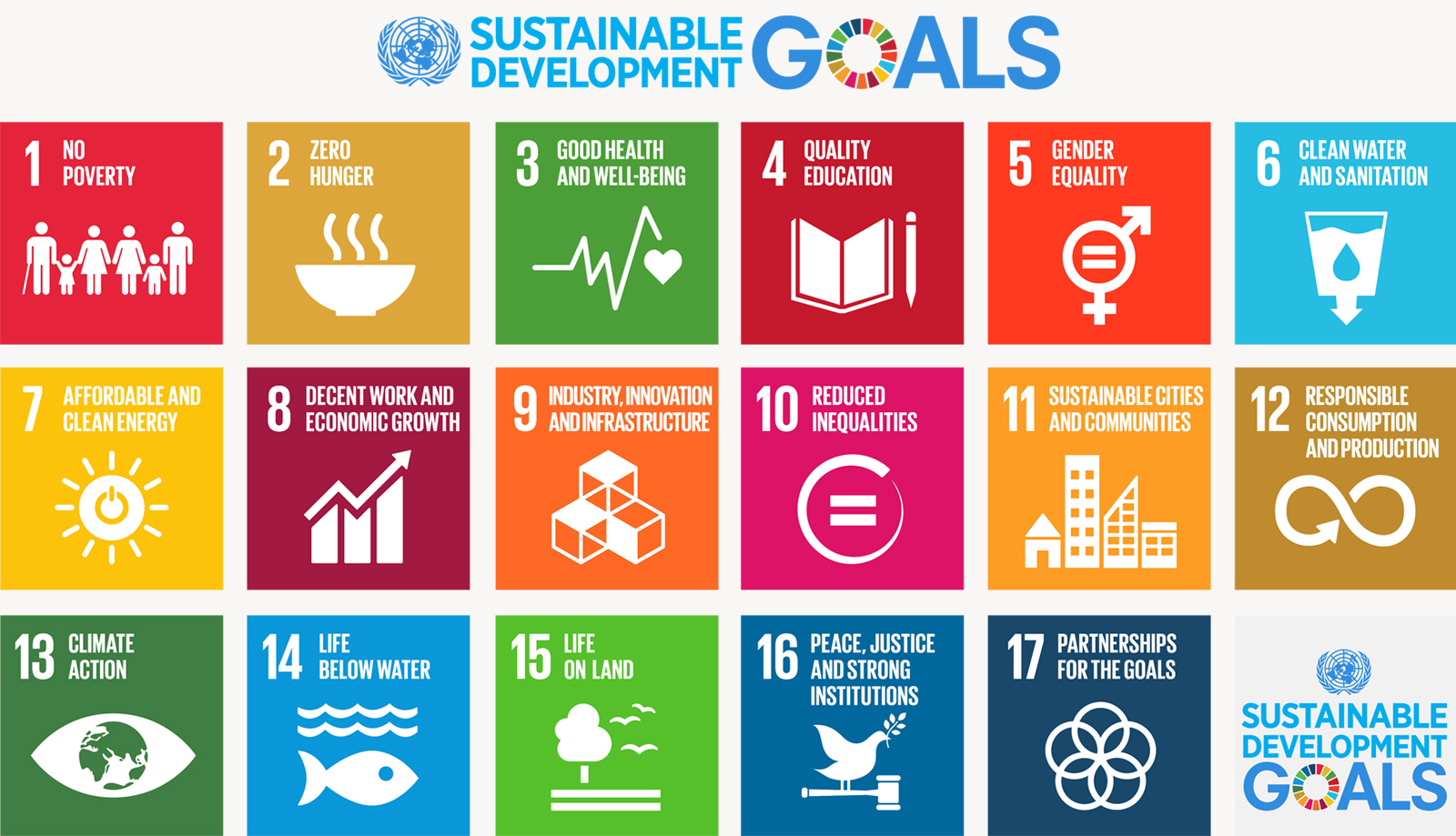Two years, no agreement on plastics: Where to from here? The Local and Subnational Government Coalition asks after INC-5
Held from 25 November to 1 December 2024, in Busan, Republic of Korea, the fifth session of the Intergovernmental Negotiating Committee on Plastic Pollution (INC-5) to develop a Global Plastic Treaty concluded without an agreement, pushing further negotiations into 2025. The draft text made some references to local and subnational governments, prompting the Local and Subnational Governments Coalition to End Plastic Pollution to advocate for stronger inclusion and appealing to all local and subnational governments to join the Coalition.
During its meeting in 2022 the United Nations Environment Assembly adopted a resolution titled ‘End plastic pollution: Towards an international legally binding instrument’ which mandates the United Nations Environment Programme (UNEP), and member states to develop and agree on an international legally binding instrument (ILBI) -the Global Plastics Treaty- that would seek to address plastic pollution, including in the marine environment.
The Intergovernmental Negotiating Committee (INC) was then convened to oversee and steer the negotiation process through 5 rounds of negotiations. The first four rounds took place as follows: INC-1: Uruguay (2022); INC-2: France (2023); INC-3: Kenya (2023); and INC-4: Canada (2024).
After a two-year process, the fifth and final planned round of negotiations, INC-5, was held from 25 November to 1 December 2024 in Busan, Republic of Korea, gathering over 3,300 delegates – including Members representing more than 170 nations.
From INC-1 through to INC-5, the message from the Local and Subnational Governments was clear and simple. Some of the critical points include:
- Local and subnational governments will play a critical role in achieving a future void of plastic pollution, and need to be explicitly acknowledged.
- Waste management is a core competency of local and subnational governments, this needs to be highlighted.
- Resources, which include financial and technical capacity, have to be made available to local and subnational governments, so that interventions can be scaled quickly.
Many stakeholders, along with Member States, went into INC-5 with a sense of urgency, optimism and hope. A hope that world leaders will come together and reach consensus on how to address severely contentious topics. Ahead of INC-5, the Chair of the INC, Luis Vayas Valdivieso, also prepared the “non paper,” a document trying to match the expectations of all, achieve some compromises, and prepare the ground for a final round of negotiations aiming to finalize the Treaty: ready for ratification or accession.
Despite the momentum that kick started INC-5, it quickly became evident that two distinct positions among countries persisted:
- Ambitious Group: Advocating for addressing the full lifecycle of plastics.
- Less Ambitious Group: Focusing primarily on plastic waste management at the end of the value chain.
From Day 3, discussions excluded stakeholders, impacting optimism and transparency. While logistical and operational reasons for this decision are understandable, it limited stakeholder engagement at a crucial stage and partly wasted the resources stakeholders invested to participate in INC-5.
Despite efforts by the INC Chair to bridge gaps through non-papers, significant redlines persisted, leaving three potential outcomes:
- No agreement is reached.
- A watered-down agreement is reached by consensus (all members).
- A higher ambition agreement is pushed through by the majority of members (but excluding some of the key states to make the Treaty work).
At the closing on Sunday night, 1 December, which ran into Monday morning, it became clear that an INC-5.2 will be needed, and no agreement will be reached in Busan. The Chair proposed a “Chair’s text” which will serve as the starting point for negotiations at a resumed session in 2025.
The Chair’s text has included the Local and Subnational Governments position in a limited manner:
- The “Waste management” Article 8.2 highlights the critical role of the subnational level in addressing plastic pollution.
- The “Capacity building and multilevel cooperation” Article 12.2 explicitly mentions local and subnational governments as partners of national governments.
Moving forward, we are committed to defending and expanding these provisions to ensure local and subnational governments are recognized not only for their operational role but also as essential partners in accessing adequate financing. Financing mechanisms need to be designed with subnational governments in mind to enable the scaling of interventions and support long-term sustainability.
The call to action for all local and subnational governments around the world is:
- Become a supporter and signatory to the Local and Subnational Governments Coalition to End Plastics Pollution.
- Speak with your national governments to advocate for the messages of the Coalition. Training, and templates to undertake this communication can be provided.
For further information, please contact: [email protected]
Written Dr. Magash Naidoo, Head of ICLEI Circular Development, with contributions from Ignasi Mateo, MedWaves, and Kamelia Kemileva, The Global Cities Hub.








